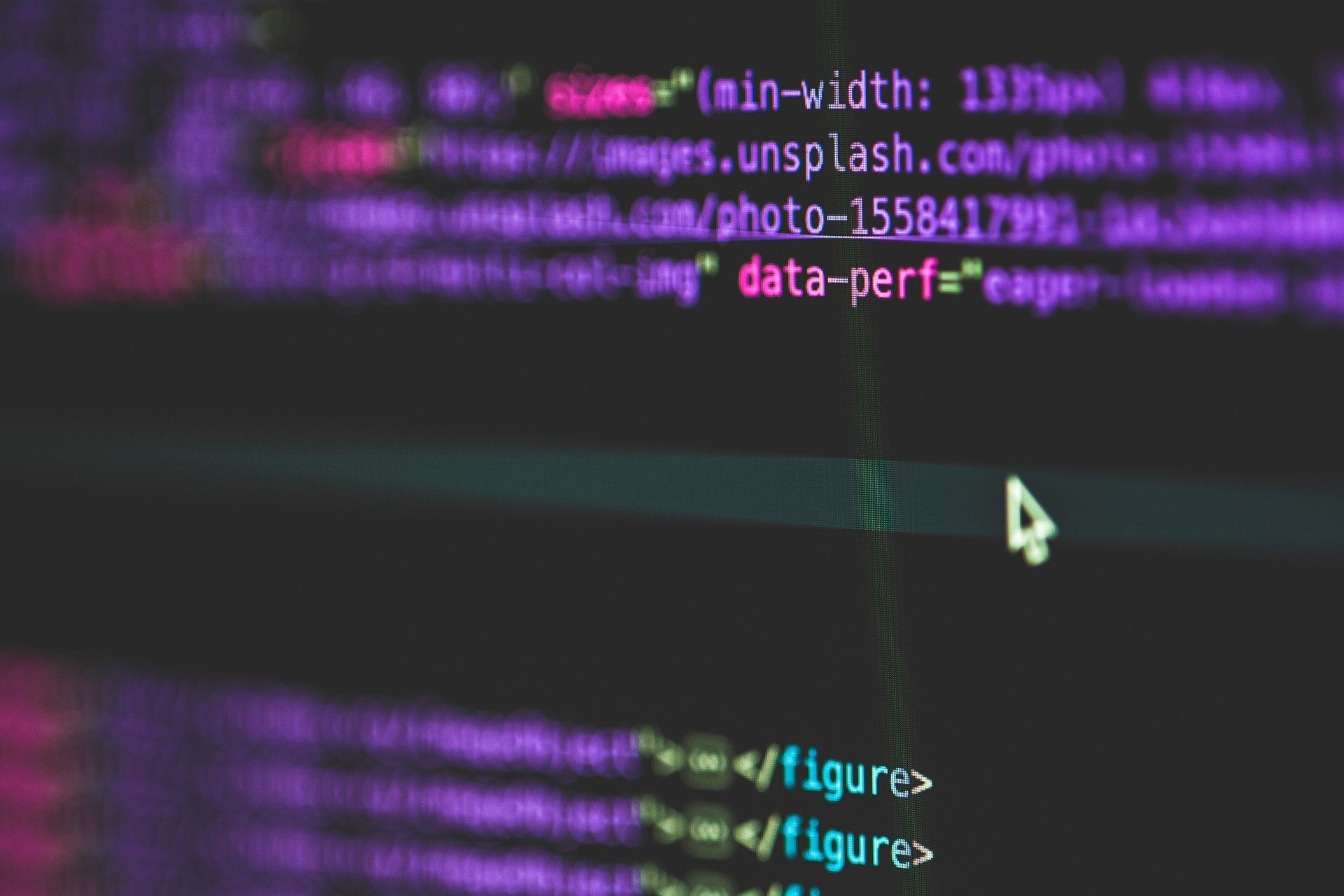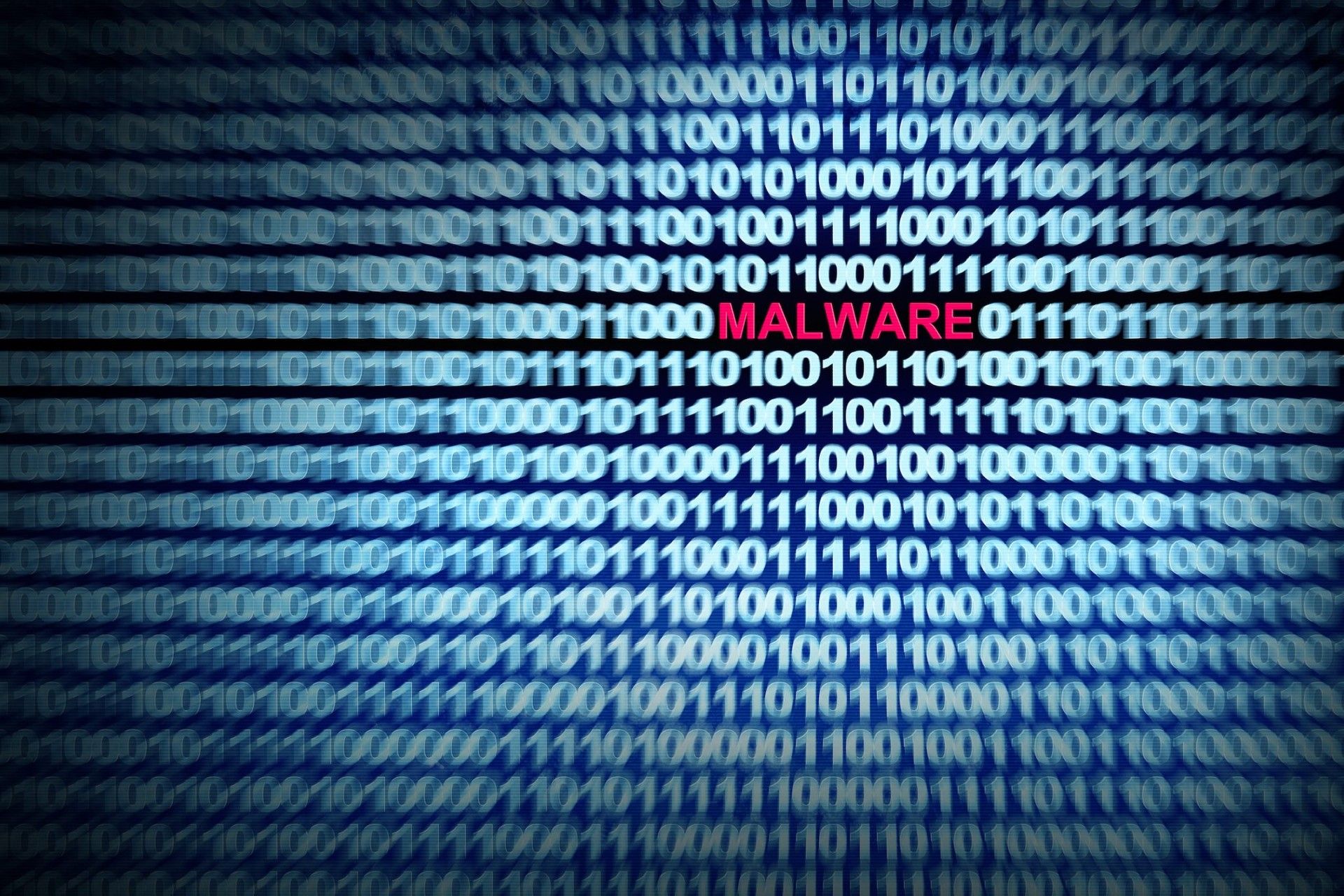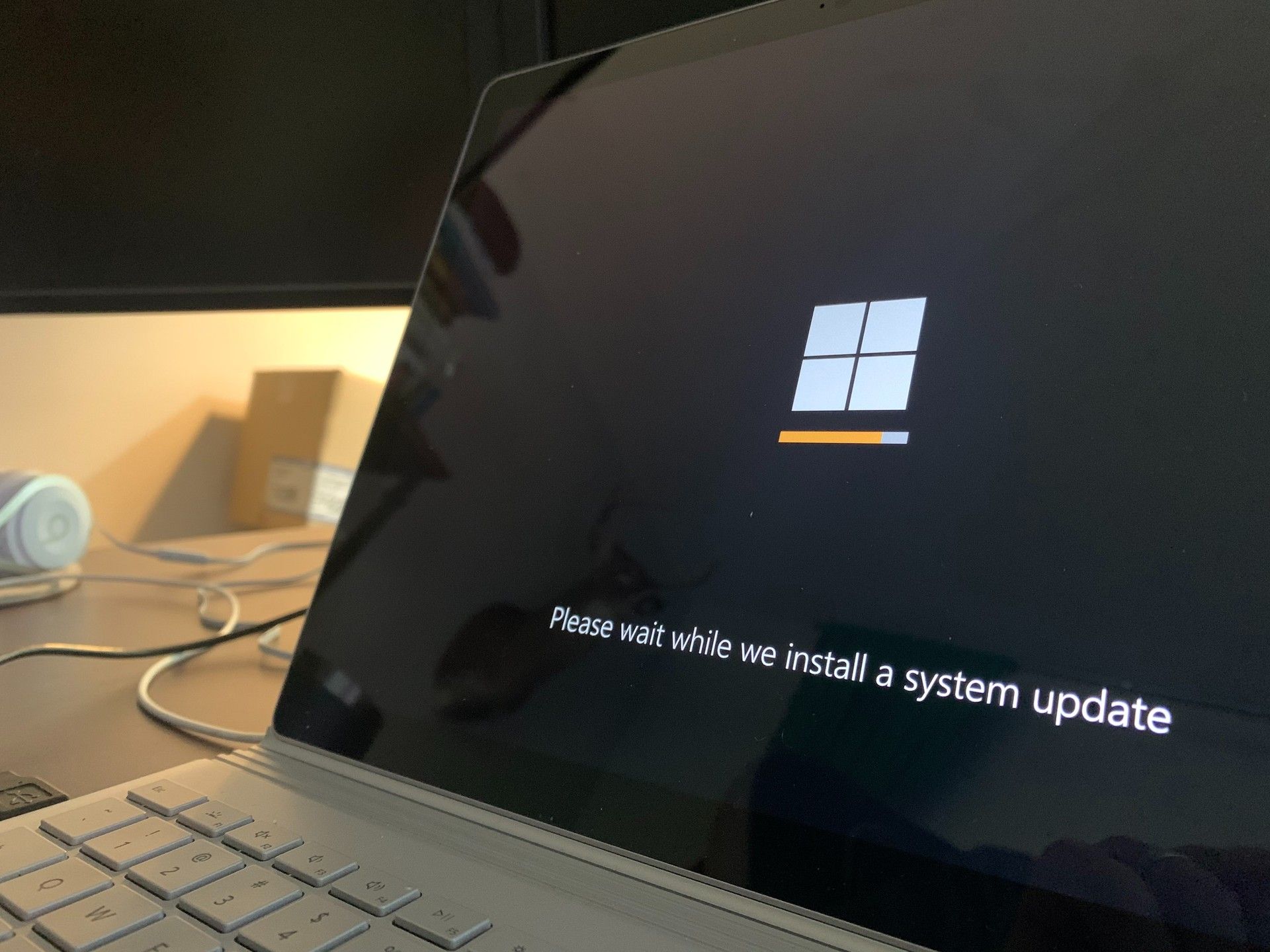The number of individuals adapting to online life is increasing day by day and it has become essential to prioritize the practice of cyber hygiene for everyone.
Cyber hygiene, which is often compared to personal hygiene, involves adopting certain simple yet effective measures to protect your personal information and keep your devices functioning smoothly.
Just as you engage in daily routines to maintain good health and well-being, incorporating cyber hygiene practices into your digital habits can help safeguard your data, prevent unauthorized access, and defend against malicious attacks.

What is cyber hygiene?
Cyber hygiene encompasses a set of practices and steps that computer and device users can easily incorporate into their daily routines to ensure the health of their digital systems and enhance online security. Think of it as regular habits you can develop to protect yourself in the digital realm, just like washing your hands regularly to ward off germs in the physical world.
By practicing cyber hygiene, you actively contribute to the protection of your identity, prevent the theft or corruption of your valuable data, and maintain the well-being of your digital environment.
Safeguarding sensitive data
One of the primary goals of cyber hygiene is to ensure the safety and integrity of your sensitive information. This includes personal details, financial records, and confidential business data that you wouldn’t want falling into the wrong hands.
By following simple cyber hygiene practices, which we will talk about later on, you can organize and store your data securely, making it less vulnerable to theft or breaches. It’s like locking your important documents in a secure cabinet or using a safe to protect your valuables but only this time, it’s happening in the digital realm.
Protecting against external threats
Cyber hygiene acts as a shield against external threats that aim to compromise the security of your devices and networks. In the vast digital landscape, malicious actors are constantly on the lookout for vulnerabilities to exploit.
However, by implementing cyber hygiene practices, you can significantly reduce your risk of falling victim to their schemes.

There is a cyber hygiene checklist you need to follow
Cyber hygiene is not merely an option but a necessity in our digital age. By prioritizing cyber hygiene practices, you actively protect your data, prevent identity theft, and mitigate the risk of cyberattacks.
Just as personal hygiene ensures good health, cyber hygiene promotes a safe and secure digital environment. Here are the must-have cyber hygiene practices for your online security.
Change passwords frequently
Regularly updating passwords is a crucial aspect of cyber hygiene. By changing passwords frequently, you minimize the risk of unauthorized access to your accounts. Ensure that your passwords are strong and unique, incorporating a combination of letters, numbers, and symbols.
Enable two-factor authentication
Two-factor authentication adds an extra layer of security to your accounts. By requiring users to provide an additional verification method, such as a unique code sent to their mobile device, even if an attacker obtains the password, they won’t be able to access the account without the second factor.
How to counter the most risky cloud computing threats?
Avoid infected devices
Be cautious when connecting to unknown or potentially compromised devices, such as public computers or untrusted networks. These devices may contain malware or be under surveillance, posing a risk to your sensitive information. Stick to trusted and secure devices whenever possible.
Use antivirus software
Installing reputable antivirus software helps protect your system from various types of malware, including viruses, ransomware, and spyware. Keep the antivirus software updated to ensure it can detect and mitigate the latest threats effectively.
Scan for vulnerabilities
Regularly scanning your devices and networks for vulnerabilities is an essential part of cyber hygiene. Vulnerability scanners can identify weaknesses in your systems and applications, allowing you to address them promptly through patches and updates.
Use anti-malware software
In addition to antivirus software, consider using anti-malware software to further enhance your protection. Anti-malware tools specifically target and remove different forms of malicious software, providing an additional layer of defense against evolving cyber threats.

Maintain an inventory of hardware, software, and assets
It is crucial to keep a comprehensive inventory of all your hardware devices, software applications, and digital assets. This inventory helps you track and manage your resources, ensuring that they are properly protected and updated.
Implement a change management process
Establishing a change management process ensures that any modifications or updates to your systems are carried out in a controlled and secure manner. This includes evaluating and testing changes before implementation, and minimizing the risk of introducing vulnerabilities.
Perform regular scans and audits
Regularly conducting security scans and audits helps identify any weaknesses or gaps in your security measures. These assessments can involve penetration testing, vulnerability assessments, and compliance audits to ensure your systems are robust and compliant with industry standards.
Educate employees on cybersecurity practices
Employees are often the first line of defense against cyber threats. It is crucial to provide comprehensive cybersecurity training and awareness programs to educate employees on best practices for protecting sensitive information, recognizing phishing attempts, and reporting suspicious activities.
What are the risks of not following cyber hygiene practices?
The risks of neglecting cyber hygiene practices are numerous and can have severe consequences for individuals and organizations alike. By proactively implementing robust cyber hygiene measures, including strong passwords, regular software updates, antivirus protection, employee education, and vulnerability scanning, individuals and organizations can significantly reduce their exposure to these risks and fortify their defense against cyber threats.
Failing to adhere to proper cyber hygiene practices can expose individuals and organizations to various risks and potential consequences. Here are some of the key risks associated with not following cyber hygiene practices:
- Data breaches: Without implementing adequate cyber hygiene measures, the risk of data breaches significantly increases. Cybercriminals can exploit vulnerabilities in systems and networks, gaining unauthorized access to sensitive information.
- Identity theft: Neglecting cyber hygiene practices can make individuals more susceptible to identity theft. Cybercriminals can obtain personal information through various means, such as phishing attacks, malware, or exploiting weak passwords. Stolen identities can be used for fraudulent activities, including unauthorized financial transactions, opening fraudulent accounts, or committing other forms of identity-related crimes
- Malware infections: By not practicing cyber hygiene, systems become more vulnerable to malware infections. Malware, including viruses, ransomware, or spyware, can infiltrate devices and networks, causing significant damage. Infected systems may experience data loss, system failures, unauthorized access, or even become part of a larger botnet used for launching further cyberattacks
- Financial losses: Inadequate cyber hygiene can result in financial losses for individuals and organizations. Cybercriminals may gain unauthorized access to financial accounts, siphon funds, engage in fraudulent transactions, or conduct ransomware attacks that demand payment to regain access to encrypted data. Additionally, the costs associated with investigating and remediating cyber incidents can be substantial
- Reputational damage: A lack of cyber hygiene practices can lead to reputational damage. Data breaches, identity theft, or other cyber incidents can erode customer trust and confidence in an organization’s ability to protect sensitive information. This can result in a loss of business opportunities, customer churn, and long-term damage to the organization’s reputation
- Regulatory non-compliance: Many industries and jurisdictions have specific regulations and legal requirements regarding data protection and cybersecurity. Neglecting cyber hygiene practices can lead to non-compliance with these regulations, resulting in penalties, fines, or other legal consequences
- Operational disruptions: Cyberattacks and malware infections can disrupt normal operations, causing significant downtime and loss of productivity. This can have cascading effects on an organization’s ability to serve customers, fulfill orders, or maintain critical business functions, resulting in financial losses and damage to customer relationships
What kind of antivirus software should you use?
When considering the selection of antivirus software, it is crucial to prioritize certain factors in order to make an accurate decision. The effectiveness of the software is of paramount importance. Look for reputable antivirus solutions that have demonstrated a consistent ability to detect and remove malware effectively. Independent test results and reviews from trusted sources can provide valuable insights into the software’s real-world performance.
In addition to effectiveness, consider the range of features offered by the antivirus software. Common features include real-time scanning, web protection, email scanning, firewall capabilities, and ransomware protection. Assess your specific needs and usage patterns to determine which features are essential for your cybersecurity requirements.
Compatibility is another crucial aspect to consider. Ensure that the antivirus software is compatible with your operating system and its specific version. This ensures seamless integration and optimal protection without any compatibility issues.
Resource usage is an important consideration, as antivirus software should strike a balance between providing robust protection and minimizing system resource consumption. Look for software that has low memory and CPU usage to avoid excessive strain on your device’s performance.

A user-friendly interface can greatly enhance the overall user experience. Select antivirus software that offers an intuitive and easy-to-navigate interface, simplifying tasks such as initiating scans, configuring settings, and managing quarantined or blocked files.
Regular updates are vital to keep the antivirus software equipped with the latest threat definitions and security patches. Prioritize software that provides regular updates to ensure you remain protected against emerging threats. Additionally, reliable customer support is essential in case you encounter any issues or require assistance with the software.
Reputation and trustworthiness are significant factors to consider when selecting antivirus software. Opt for solutions from reputable vendors with a strong presence and positive industry recognition. Reviews, recommendations, and feedback from other users can provide valuable insights into the trustworthiness and reliability of the software.
Finally, take into account your budget and requirements when considering free or paid antivirus options. Free antivirus software can provide basic protection, while paid versions often offer additional features and enhanced security.
You need to evaluate your specific needs and financial considerations to make the appropriate choice but if you insist on asking for some recommendations, here are the best working antivirus software as of 2023:
- Norton Antivirus
- McAfee Antivirus
- Bitdefender Antivirus
- Kaspersky Antivirus
- Avast Antivirus
- AVG Antivirus
What are the best software updates to ensure cyber hygiene?
Regular software updates are essential for maintaining strong cyber hygiene and safeguarding against various vulnerabilities and security risks.
Keeping your operating system up to date is critical. Developers frequently release updates that include important security patches, bug fixes, and enhancements to address known vulnerabilities and bolster overall system security. By promptly installing these updates, you ensure that your operating system is fortified against emerging threats.
It is crucial to regularly update all software applications installed on your devices. This includes web browsers, productivity suites, media players, and messaging applications. Software developers frequently release updates to address security vulnerabilities and improve the functionality and stability of their applications. Neglecting these updates exposes you to potential exploitation by cybercriminals who may target outdated software.

Keeping your antivirus software and other security applications up to date is paramount. These updates provide the latest virus definitions, threat intelligence, and security patches necessary to effectively detect and mitigate emerging threats. By ensuring that your security software is regularly updated, you bolster your defenses against evolving cyber threats.
Firmware refers to the software embedded in hardware devices such as routers, printers, and smart devices. Manufacturers often release firmware updates that address security vulnerabilities and enhance device performance. Regularly checking for firmware updates on the manufacturer’s website or through the device’s management interface is crucial to keep your devices protected.
It is important to regularly update plugins, extensions, and add-ons used in web browsers and other applications. Cybercriminals often exploit vulnerabilities present in outdated plugins to gain unauthorized access or execute malicious code. By promptly updating these components, you ensure that they have the latest security patches and bug fixes, reducing the risk of exploitation.
If you have Internet of Things (IoT) devices, such as smart thermostats, cameras, or smart assistants, it is vital to check for updates provided by the device manufacturer. IoT devices are frequent targets for cyberattacks, and updating their firmware or software is crucial to address security vulnerabilities and protect your network.
Although not strictly a software update, regularly changing passwords is a crucial aspect of cyber hygiene. It is important to update passwords for your online accounts, including email, social media, and banking, at regular intervals. Strong, unique passwords that are difficult to guess or crack help safeguard your accounts from unauthorized access.
Featured image: Photo by Towfiqu barbhuiya on Unsplash.





